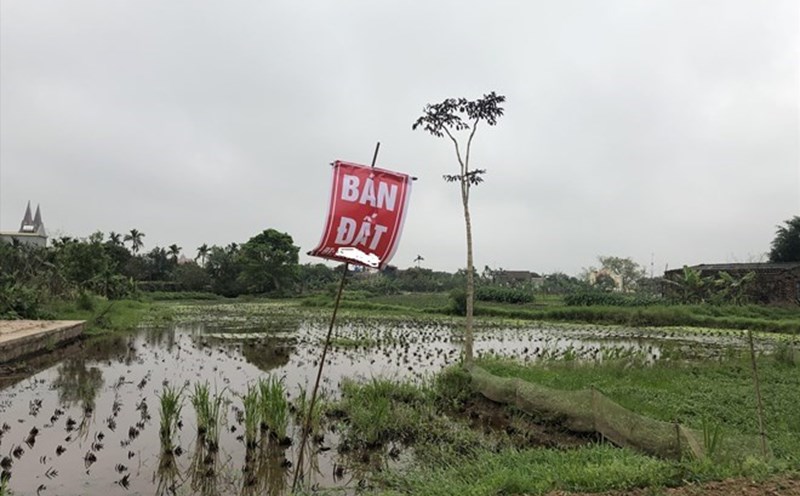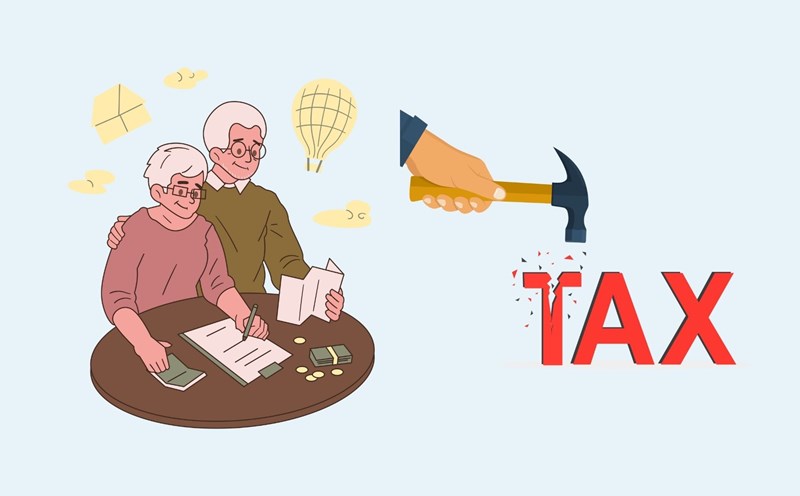Proposal to exempt 2 years of tax for converted enterprises
In the draft Decree guiding the Law on Corporate Income Tax, the Ministry of Finance proposes to exempt corporate income tax for 2 consecutive years for newly established enterprises from business households or individual businesses. The tax exemption period is calculated from the first year of taxable income.
This policy applies to enterprises with small and medium-sized revenue, specifically enterprises with annual revenue of no more than VND 50 billion, corresponding to a tax rate of 15% or 17% as prescribed in the draft Decree.
In case the enterprise does not generate taxable income in the first three years from the year of revenue, the tax exemption period will be calculated from the fourth year. For enterprises with the first tax calculation period of less than 12 months, they can choose to exempt tax immediately during that period or register to apply from the next tax calculation period. In case of registration applied from the next period, the enterprise must declare and pay tax according to regulations for the first period.
According to the draft, to be exempt from tax, business households or individuals must have a continuous business period of at least 12 months from the date of issuance of the first Business Registration Certificate. At the same time, the newly established enterprise must be a business registered for the first time, not a re-established enterprise, meaning there is no legal representative, a consolidated member or a person with the highest capital contribution who has held similar roles at another operating enterprise or has been dissolved for less than 12 months.
After the tax exemption period, if the enterprise is implementing a project in an industry, profession, or preferential area, it will continue to apply the preferential corporate income tax policy according to other provisions in the Decree.
Adding 14 types of income to tax exemption
Also in the draft Decree, the Ministry of Finance proposes to specify the provisions in Article 4 of the Law on Corporate Income Tax on tax-exempt income. This list includes 14 income groups, focusing on the fields of agriculture, scientific research, education, socialization, environmental protection, new technology and community interest activities.
Some notable income groups include:
Income from agricultural, forestry, fishery, and salt production activities in areas with difficult or especially difficult socio-economic conditions; income from processing agricultural and aquatic products if meeting the conditions for input materials and not subject to special consumption tax;
Income of cooperatives and cooperative unions in the fields of agriculture, forestry, fishery, and forestry in preferential areas;
Income from technical services directly serving agricultural production such as irrigation, dredging canals, harvesting agricultural products;
Income from contracts for scientific research, innovation, digital transformation; from selling products made from new technology for the first time applied in Vietnam or products tested during the trial production period, up to a maximum of 3 years;
Income from production and business activities of enterprises with 30% of employees being disabled, people after drug rehabilitation, people infected with HIV, if there are 20 or more employees;
Income is divided from domestic capital contribution, share purchase, joint venture, and linkage activities after the capital recipient has paid tax;
Funding for educational, cultural, scientific and charitable activities if used for the right purpose; support from the state budget and public investment funds;
Income from technology transfer in priority areas for organizations and individuals in areas with particularly difficult conditions;
Income from transfers of carbon credits and green bonds issued for the first time; income from green bond interest;
The non-divided income of socialized institutions in the fields of education, health, and culture; the income forming an undivided general fund of cooperatives;
Income of public service units from providing public service services on the list of state budget users or in areas with special difficulties.
The above types of income are only exempt from tax if they fully meet the specific conditions on purpose of use, value ratio, verification and confirmation records and competent authorities. In case of misuse, the enterprise will be subject to tax collection and penalties according to regulations.
Preferential balance, ensuring transparency and fairness
According to the Ministry of Finance, the simultaneous proposal to exempt tax for enterprises converting from business households and expanding the list of tax-exempt income is a step to concretize the legalized policies to promote the Formal Economic Zone, support agricultural production, scientific and technological research and socialized fields.
However, to ensure effective implementation and avoid taking advantage, the draft Decree also sets out many strict conditions for each group of subjects, from continuous operation to the requirement not to re-establish old enterprises. The criteria for determining tax-exempt income are also detailed to ensure transparency, while controlling the budget and being fair in tax obligations.











